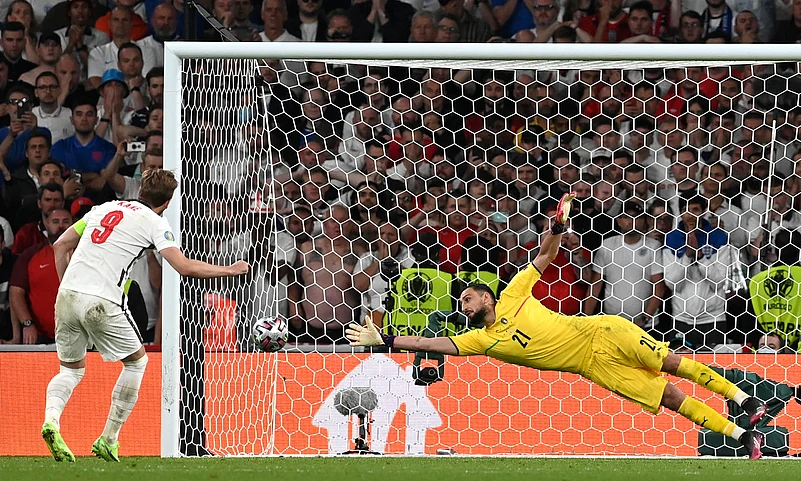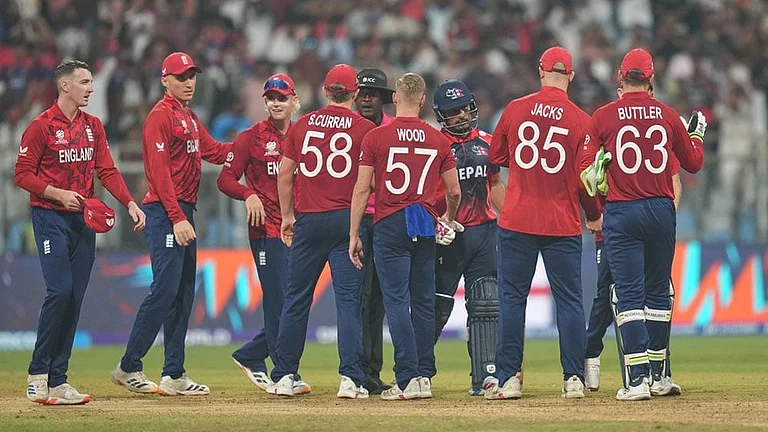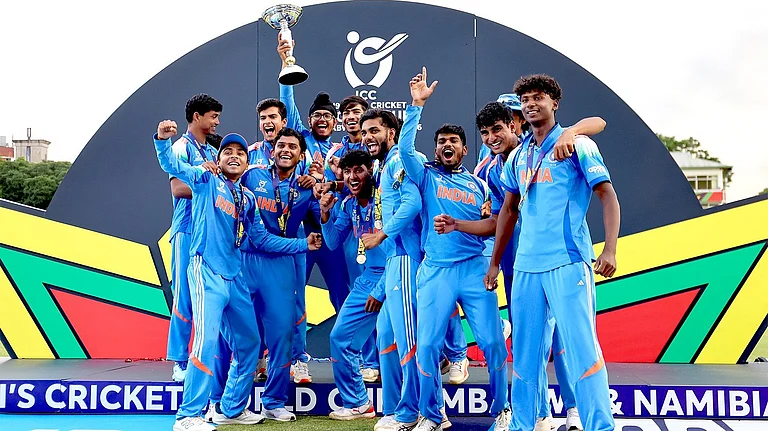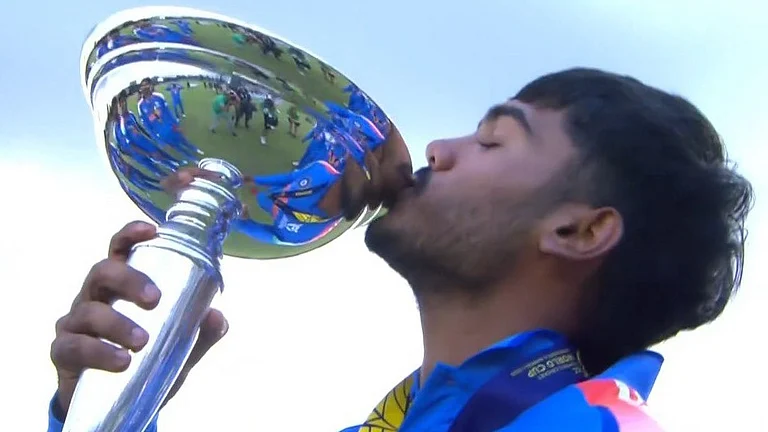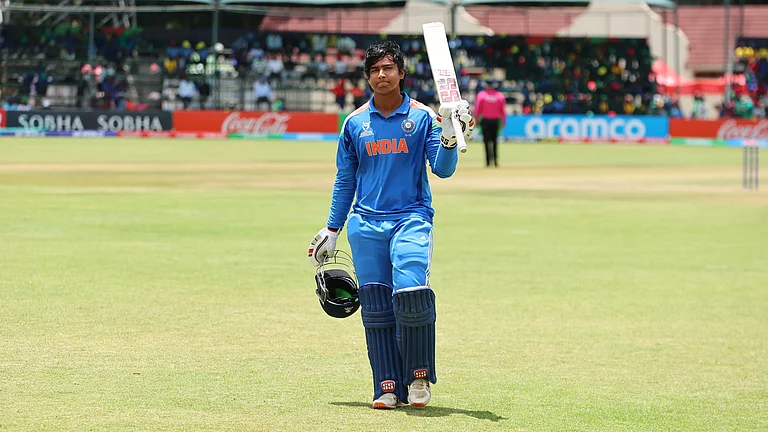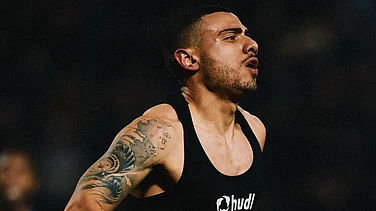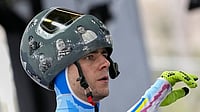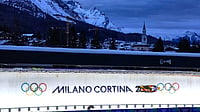Here's a quiz question: What do the 2022 World Cup final, the 2021 African Cup of Nations final, the 2020 European Championship final and the 2016 Copa America final have in common? (More Football News)
Answer: They were all settled by a penalty shootout.
Like it or not, the shootout — that tense battle of wills over 12 yards (11 meters) — has increasingly become a huge part of soccer, an unavoidable feature of the knockout stage in the biggest competitions.
Added to the laws of the game in 1970, penalty shootouts have marred careers (Roberto Baggio has never gotten over his miss in the 1994 World Cup final), spawned pizza adverts (Gareth Southgate starred in one after his decisive failure from the spot at Euro 1996) and, in Lionel Messi's case at the most recent World Cup, earned a win that definitively secures a player a place in the pantheon of soccer greats.
It's why those who delve into the psychology and science of soccer are perplexed why this tiebreaker system has been — and continues to be — overlooked by many teams, especially in these data-driven times.
“There are so many things you can do to prepare your team for penalties, to train them for penalties, to help your players and team cope with the pressure of penalties,” says Geir Jordet, professor at the Norwegian School of Sport Sciences and author of the recently published book, “Pressure: Lessons from the Psychology of the Penalty Shootout.”
“You can do this as an individual, as a team, as a manager,” he said.
The theory that penalty shootouts are a “lottery” is well worn and oft-repeated, with recently departed Chelsea manager Mauricio Pochettino saying just that in December after winning a cup game.
Johan Cruyff, the late Dutch maestro, gave short shrift to the idea that teams can prepare for spot kicks.
“Taking penalties in training is useless,” he said in 2000. “The penalty is a unique skill outside of football.”
Cruyff subscribed to the philosophy that a player can never simulate the pressure of a penalty shootout — that initial wait in the center circle, that long walk to the penalty spot, those few seconds face-to-face with the goalkeeper — on the training field.
Just this year, France coach Didier Deschamps railed against an attempt by the French Football Federation to come up with an initiative to improve the team's performance in shootouts. France lost in them in the last 16 at Euro 2020 and in the 2022 World Cup final against Argentina.
“I'm convinced — and my past as a player gives me this information — that it's impossible,” Deschamps said, “to recreate a situation, on a psychological level, between training and a match.”
Jordet acknowledged that, but said it's “absurd” to not try to simulate these pressure situations in training.
“There are studies showing that training with mild anxiety will prepare you and help you perform better under conditions of high anxiety,” he said, before looking at other professions and areas of work.
“If you look at military training — in peacetime, which is what we're used to, should they train for war activities and the pressure and stress of being in a conflict, or should they just sit back and say we cannot simulate the pressure and the stress of being in an active firefight? That's absurd. It's the same case with pilots or if you look at surgeons or ER doctors.”
Jordet has looked specifically at penalty shootouts at the last World Cup and how coaches managed the two minutes they had with their players between extra time finishing and the shootout starting. He noted the winning teams, “without exception,” were those whose coaches took the shortest time giving their instructions.
In the final, Argentina coach Lionel Scaloni's nomination process took 15 seconds, Jordet said, because his team was prepared.
“Deschamps,” Jordet added, “spent almost 20 seconds considering who should take the shot for each of his penalty takers, looking around, showing basically how little clarity he had about what to do. It was probably something his players would pick up on as well.”
Euros History
There have been 22 shootouts at the Euros, including four in 1996 and 2020. Of the 232 shots taken in the shootouts, 178 were successful — a 76.7% success rate. That fits the data models which typically say the expected success of a penalty is 0.76 (that is, 76 out of 100 penalties would typically be scored).
Go First Or Second
So much for the widely held perception that the team going second in a shootout is at a disadvantage for being under extra pressure. The latest major study of penalties, covering men's competitions in European soccer over the last 11 years, showed the winning percentage of the team shooting first in penalty kicks was 48.83. Jordet said the advantage has “progressively and dramatically shrunk” compared to older research, some of which said there was around a 60% chance of the team going first winning.






